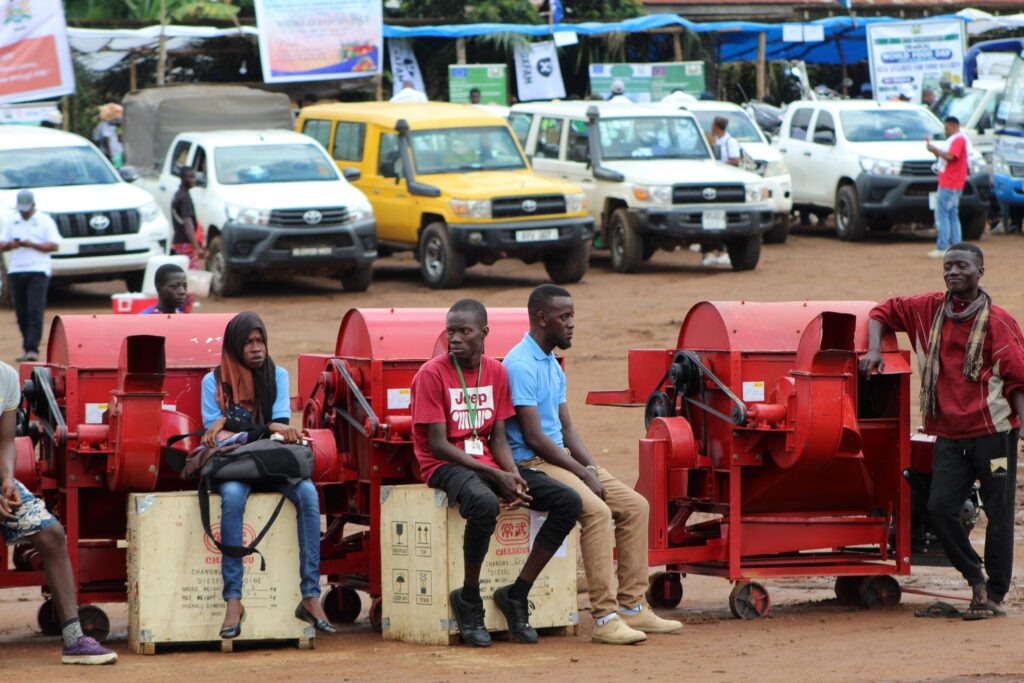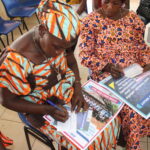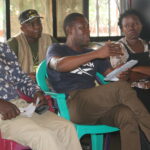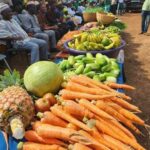RESHAPING THE YOUTH IN AGRICULTURE SCHEME TO ENHANCE FOOD SELF-SUFFICIENCY IN SIERRA LEONE
“In my second term as president, I’ll see to it that young people are employed in the agricultural industry to help grow what we can eat.” President Julius Maada Bio on World Food Day Celebration in Kabala-2022
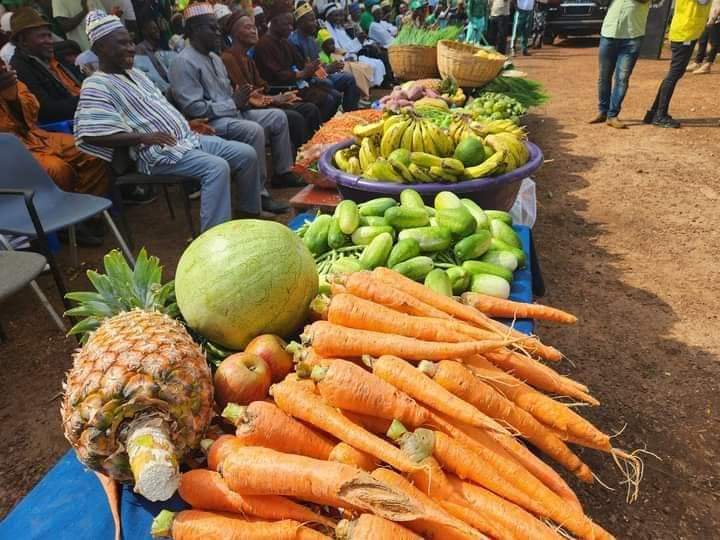
Sierra Leone has half of its population made up of youth and young people in general. During the country’s civil instability, youngsters were recruited into both the Sierra Leone Army and other groups such as the “Kamajors,” “rebels,” and so on to fight on their behalf. The conflict resulted in the loss of innocent lives and the destruction of homes, barns, and even farms that had been pulled apart for harvest. A huge urbanization regime of young people began shortly after the war. These activities, along with the government’s reduced focus on agriculture, resulted in severe food scarcity and food insecurity, since individuals who were to cultivate the land had either relocated to cities or were disinterested in agricultural practices.
Sierra Leone’s agriculture industry accounts for 55.1% of the GDP of the nation. It is generally accepted that this ratio will rise as more young people get involved in the agricultural industry. Governments in the past and the present have thus worked to guarantee that youngsters are actively involved in every step of the agricultural value chain. In Masiaka Town, Port Loko District, North-West Region of the country, the then-government created a Youth Farm in collaboration with the private sector. Creating the farm was intended to encourage young people to work in agriculture and help the nation’s food shortage. It was claimed that the farm had received billions of Leones in investment, but up to the previous administration’s transfer of power to the present administration, not a single ton of rice or other agricultural produce had been produced from the farm. Some schools of thought even argued that Masiaka didn’t have anything like a youth farm despite the enormous sum of money put into the farm. There might have been a number of factors that led to the farm’s demise. The investigation conducted by the present administration’s Commission of Inquiry revealed that there was no monitoring system in place and that young farmers were chosen primarily on their tribe and regional affiliations, not on their ability to farm.
Sierra Leone’s National Employment Policy (2011), which aims to combine job creation with economic growth and structural reform, identifies agriculture as one of the country’s major employing sectors, having the potential to employ thousands of young people. Nonetheless, the industry is viewed as less appealing for youth participation. To make the sector more appealing to the young, the present administration, through the National Youth Commission (NYC), has established youth demonstration farms with 30,000 hectares in each region. The demonstration farms serve as a learning center for young people who want to start agricultural businesses as a source of income and employment development. As many would say that the proof of the pudding is in the eating, we are also observing and monitoring how these demonstration farms are set up and how the youth will be involved.
The future of Youth Farming in Sierra Leone
Agriculture is undeniably important to Sierra Leone’s progress. Faced with the rising difficulty of youth employment in the country, the government must reengage in effective rural development policies, fueled by agricultural expansion. In many respects, this will assist to change the perception of youth towards agriculture and keep them in rural communities rather than drifting away to urban areas.
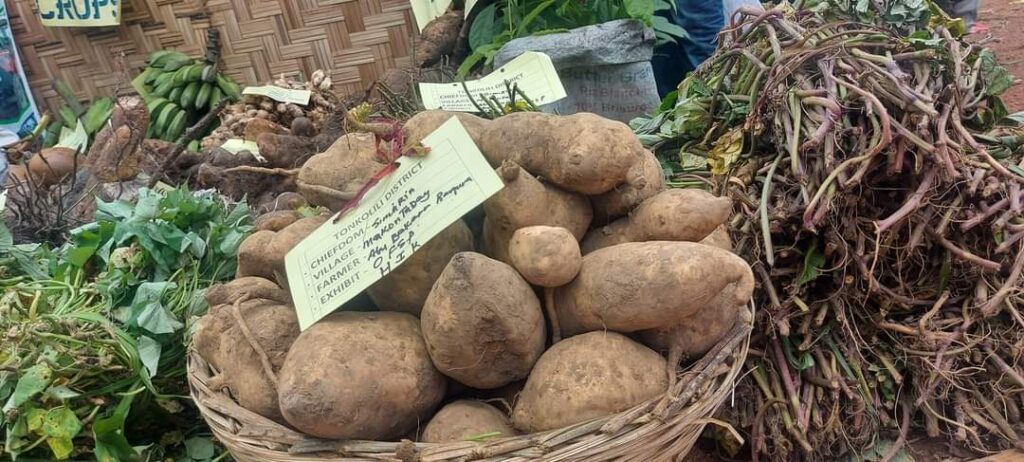
Nowadays, youth cooperative agricultural organizations are being created in several African nations, and they are given help as they start out growing certain crops. For instance, in Sierra Leone, youth cooperative organizations can be established in each of the 149 chiefdoms and assisted in the production of crops that can thrive in those chiefdoms depending on the possible type of soil they may have. The requirements for obtaining loans from banks and other financial institutions shouldn’t be as severe for these groups.
Land for Life is an entity with a strong aim of ensuring that “National Food Security, Economic Growth, peace and human rights are attained as a result of good land governance”. The organization is currently at the forefront of engaging youth in all of its operating regions in order to revitalize the spirit of youth engagement in sustainable agriculture. The campaign for a “Right to Food Act” is now one of Land for Life’s top priorities as other CSOs have been called upon. The organization also believes that infusing technology and innovation into the agriculture industry would help attract young people to farming. If new technical farming methods emerge, such as giving a precise estimate of rainfall, insect management, soil information, soil productivity, farm size, and so on, farming will become a way of life for many young people in the country, increasing the country’s Economy and improving youth employment. Despite it being very expensive to begin, it is beneficial for a country that is recognized as one of the World’s hungriest.
